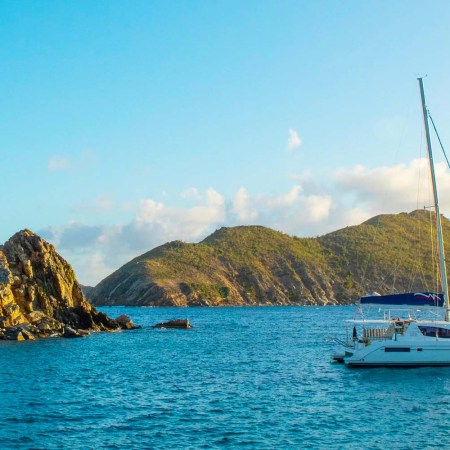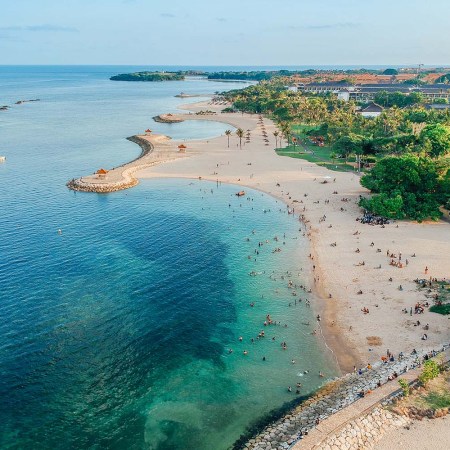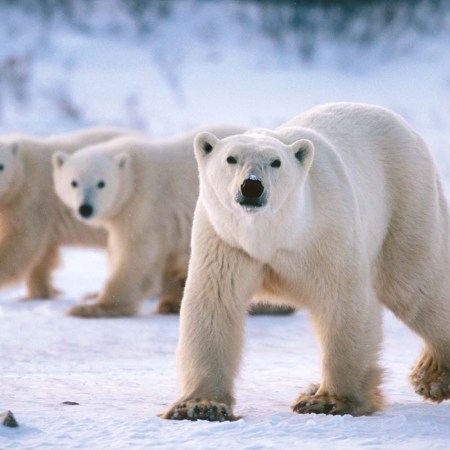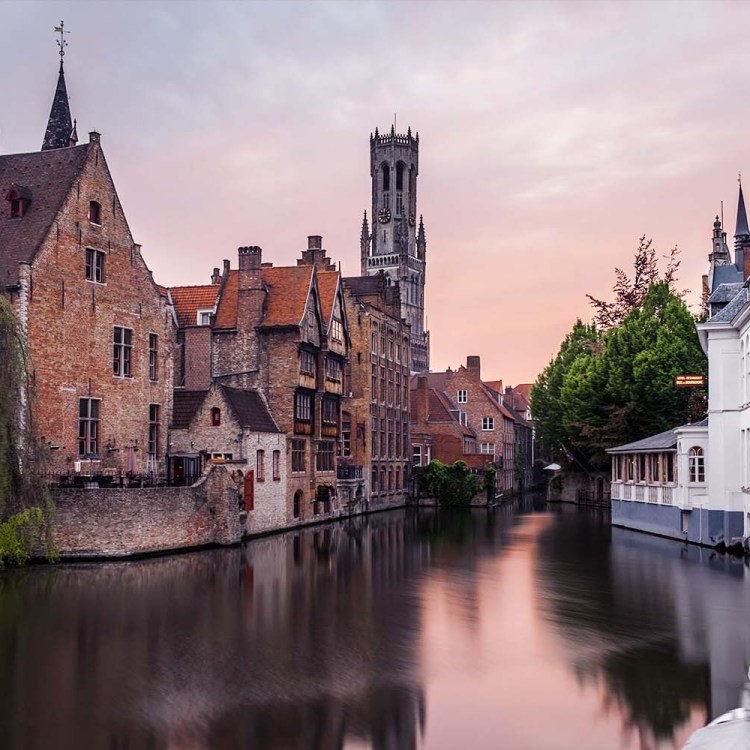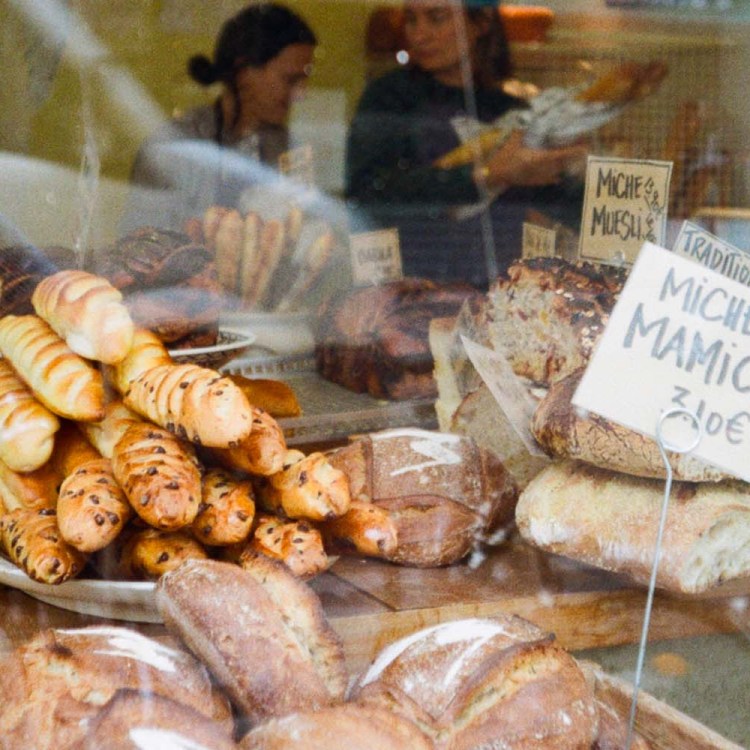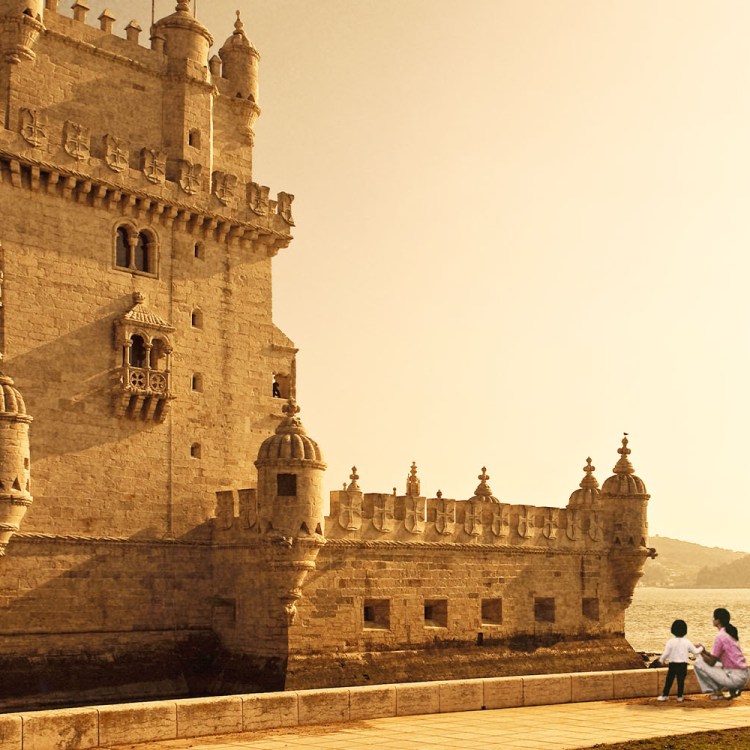No spirit evokes a sense of time and place quite like rum.
Forget that it’s the world’s most varied spirit category. Rum is escapism: sun and sand, a stiff island cocktail in hand and steelpan exotica playing somewhere in earshot.
This is always how we talk about rum. But on your way to the Caribbean for a rum tour with CheapCaribbean — just a month after two of the most powerful hurricanes ever recorded ravaged many of the region’s island nations — talking about rum feels like a digression from a more important issue: In a region so heavily dependent on tourism, what does the untold damage mean for the economy?
As we found out, the two topics are inseparable.
Mount Gay Rum in Barabados
Step away from the drink and you’ll learn rum helped shape the economy of the Caribbean. From a historical perspective, the spirit — a liquor traditionally distilled from molasses — is both a byproduct and raison d’etre of sugarcane, the most profitable crop in Caribbean trade throughout the 18th, 19th and 20th centuries.
These days the commercial sugar industry has more or less faded. And while homes and hotels have replaced most cane fields, places like Clay Villa, a historic 10-acre sugar plantation in St. Kitts, has opened its doors to visitors and tours.
Clay Villa’s seventh-generation proprietor, Bridget Hurd, was here when St. Kitts ended commercial sugar production in 2006. Hurd recalls a time when St. Kitts had more than 300 sugar estates, each with its own boiling room and windmill.
“Sugar dominated the Caribbean’s economy for 350 years,” she says. “But agriculture is still very important for the islands. It must be our foundation. Tourism is a fragile industry and St. Kitts hasn’t got anything to fall back on.”
“And now,” she adds, “the rum industry goes to the tourists.”
Hurd’s last point is one worth making. As sugar-making islands like St. Kitts move away from agriculture as their main source of income, the residue remains: you travel hundreds of miles not only for the beaches and cheap island tchotchkes, but to drink rum, and lots of it.
St. Kitts
But while much of the region picks up the pieces, rum alone won’t sustain the tourism economy. For their part, CheapCaribbean is donating 20% of the proceeds from the weeklong tour (which covers islands unaffected by the storms, including Antigua, St. Kitts and Barbados) to the hurricane relief efforts with Tourism Cares, an organization benefiting the Caribbean Hotel & Tourism Association.
Still, it’s an awkward conversation. Travel to the Caribbean at this very moment is under scrutiny. How long will relief efforts take? When’s the best time to go? Are all the islands off-limits? Are they safe?
The truth is the landscape is constantly changing. While some islands are nearly back to normal, others may not be there for a decade.
Barbados
In Barbados, where sugarcane fields once occupied more than 50,000 acres, generalizing all the Caribbean islands as “restricted” is concerning, says Niasha Sobers, an ironically named native Bajan and brand ambassador for Mount Gay Rum who’s been working in the industry for close to a decade.
Even for the off-season, “things have slowed down,” says Sobers. “A lot of persons tend to associate one Caribbean island with all of them. Of course when your neighbors are affected we lend a helping hand. Each island has its own identity, but we are also one. You’ve got to put yourself in that situation.”
While uncertainty looms, Sobers hopes travelers will come. “If you can come out and help, then by all means you should come out and help and assist. But the best thing you can do is come and enjoy your holiday.”
To be sure, the rum will be here. Sobers notes it still sells like water in Barbados.
Our advice to travelers? Go and explore. The region needs it more than ever. Because everyone we spoke to said the same thing, a saying that goes around these parts: “Like everything in Caribbean, everything takes time.”
We’ll drink to that.
For more travel news, tips and inspo, sign up for InsideHook's weekly travel newsletter, The Journey.
